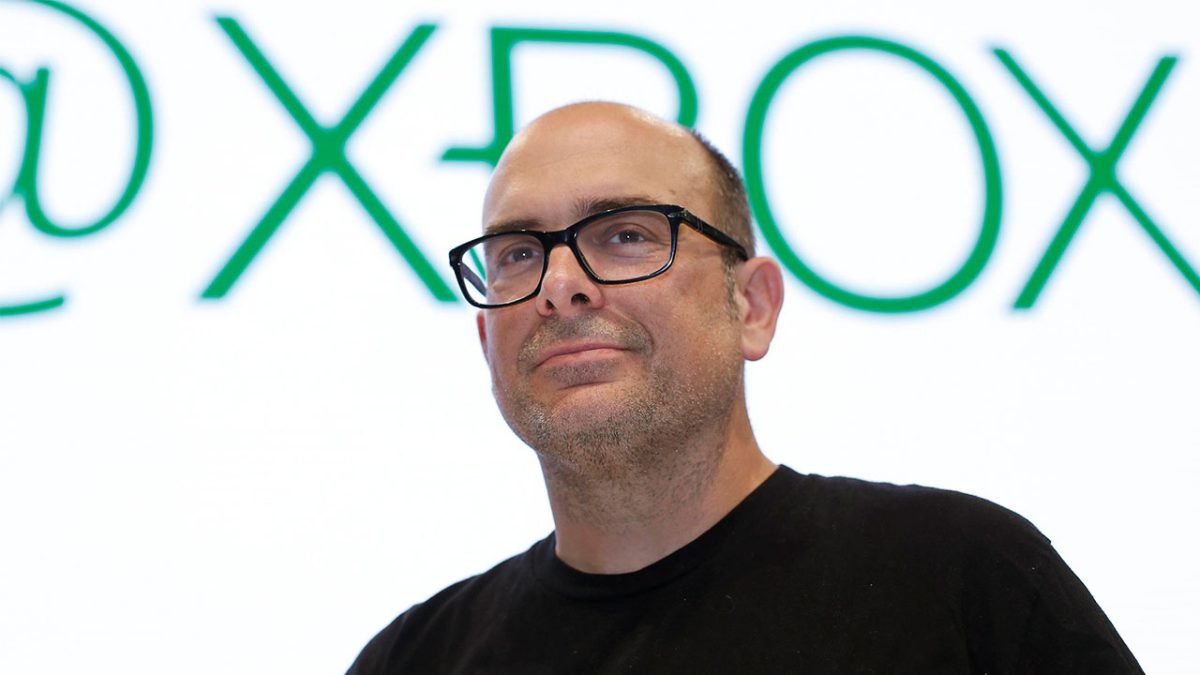Since Xbox first launched back in 2001, it has been a platform full of potential. From the first games that pushed what the console could do, to the advent of the modern indie game, the system has been a very accessible platform for developers of all scales. From the original Xbox, to the Xbox 360, Microsoft took gaming and the many types of games on the platform seriously. This was made even more true when, in 2013, Xbox Vice President Phil Harrison announced the new initiative, ID@Xbox exposing the potential of the Xbox One to a new breed of developers.
With so many new studios popping up, the initiative made sense. It gave developers tools they would never have access to normally, especially without the backing of major publishers. The program gave eligible developers who are registered in the program access to development kits at no cost, as well as access to a marketplace of eager gamers looking for the next great game, and potentially Game Pass, the subscription gaming service.
Talking to head of ID@Xbox Chris Charla, CGMagazine discusses the program, what it has done for development, and what makes it unique and exciting for new developers looking to push their game to the next level.

Why is the ID@Xbox program so important to developers, and what makes it so unique compared to other offerings from other publishers?
Chris Charla: For us at Microsoft, the reason that ID is really important is that independent games are so important. One of our promises to our players on Xbox is that we are going to provide players with the broadest variety of games that we can from developers of all shapes and sizes all over the world, and we recognize that independent games are just a crucial part of the mix of video games today.
We have paid more than 2.5 billion dollars to independent developers since the start of the program in royalties, and we also see it in interest and in usage, and it shows up in places at Microsoft like E3, or our summer showcase events. It’s just really important to us to make sure that our players know those games are there, and to feature those games and highlight those games.
At the same time as that, games are obviously just a crucial part of the fabric of games today. We understand that independent developers have unique challenges and typically the developers are smaller—although, we have some developers in the ID@Xbox program who are 1000 people—and typically they work a little differently and a lot of times, they’re newer developers.
Just newer to development, or newer companies, and so we want to make sure that we address those developers specific needs, and so it’s not about segregating those devs, or telling them they can’t do anything that any other developer on the platform can do. It’s about making sure that we are working to support those developers, and their needs to just maximize their chances of success on the Xbox platform.
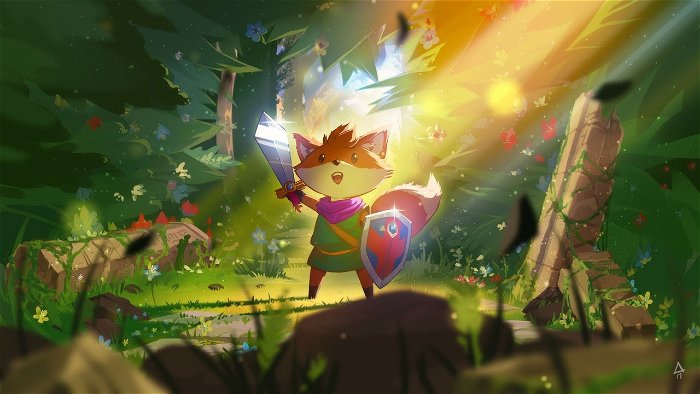
There are more independent developers than ever now. How does the ID@Xbox program figure out who to work with and who not to, and have you turned away someone that has produced something you might have missed out on?
Chris Charla: The program is open to everybody. We don’t gate who comes into the program, developers tell us what game they’re looking to make. Every game on Xbox goes through concept approval, whether it’s from a large publisher, or an independent developer, and once the game is concept approved, if it’s the developers first time on Xbox, we send them two dev kits at no charge, a welcome to the program, and then they are off to the races basically. So, we don’t try to curate who can come into the program, we are trying to be as open and welcoming as possible. We have more than 4000 developers in the program today.
Where we do have to curate a little more is what we feature in shows, and what we feature in general. Ultimately, we don’t have the ability to feature every game that wants to be featured, but we do make it a huge point that everyone has an equal shot. We want to make sure that when we are thinking about curating for something like an E3 or Game Developers Conference, that the devs have an equal shot to get their game in there, even though we can’t always accommodate everybody.
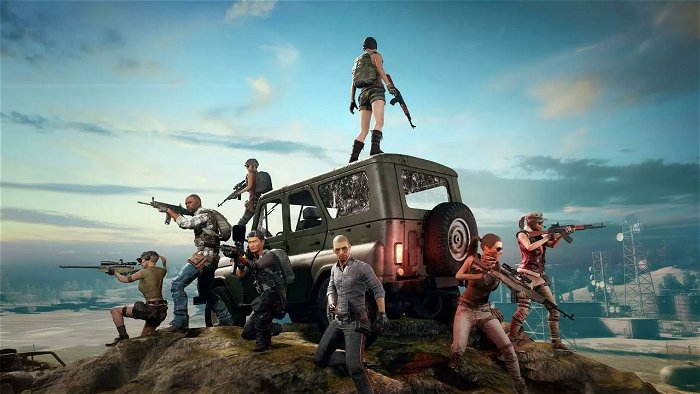
Microsoft has, in recent years, purchased a lot of game studios. In that process, has there ever been a pivot or want to pivot away from the idea that Xbox will probably focus more on internal development or has it always been a two-pronged approach with the internal and external studios?
Chris Charla: Absolutely, and I think going back all the way to the dawn of Xbox, it’s always been that exact two-pronged approach where there are internal studios that do amazing work like Halo, and Forza, and then now there’s the sense of being part of the family again doing just like amazing, amazing stuff, but there has always been a need since day one to make sure that third-party studios have a home on Xbox. As the third-party mix grew to include independent developers, they were a central part of that. Our commitment as Xbox to third parties is no lower, despite how many studios we might have that are internal, and that includes indie.
I can tell you, as we are planning for promotion for the year, it’s never a question of like, “Oh, we are going to talk about indies this year,” it’s always a question of “What are we going to talk about?” And you see it in the shorthand that executives used in meetings where, I have heard the word like, “Well, what’s our Artful Escape this year? Where’s Artful Escape,” and in those meetings, it’s not that we are pitching, it’s like we are just showing what’s available and working together to figure out what to include.
So, the really nice thing is, it’s not like we are going to change the world. It’s like the world changed, and indie games are just like part of the world now.
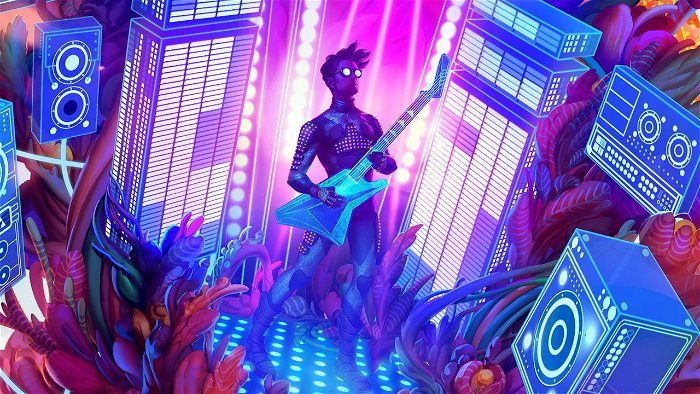
You mentioned all these different programs and solutions for developers. Is the idea that the ID@Xbox program is not one size fits all, and do you adjust it based on what the developer needs?
Chris Charla: Microsoft is a big company, so we have lots of different programs, whether it is ID@Xbox, ID@Azure, or our game dev stack of tools and technology. What we try to do is have it so that, regardless of where the developer comes in, they understand what all the Theyoptions are. There are some cases that go beyond this, and I will use PUBG as an example. That’s a game that came in through the ID@Xbox program. We were really excited about the game. they were really excited about Xbox and wanted to ship very, very quickly, but had not done a lot of console development, and we actually ended up publishing that game.
So, the project ended up being moved from being a game in the ID@Xbox program to a game that we had a publishing relationship with. Generally speaking, for most developers, regardless of the size and scale of the game, when they join the ID@Xbox program, they have access to everything every other publisher has. There’s nothing that you can’t do. So, whether it’s getting support from our advanced technology group to go in and help people who are really pushing the envelope, we work really hard to make sure that the support a developer gets through ID is going to be the same no matter who they were talking to at Microsoft.
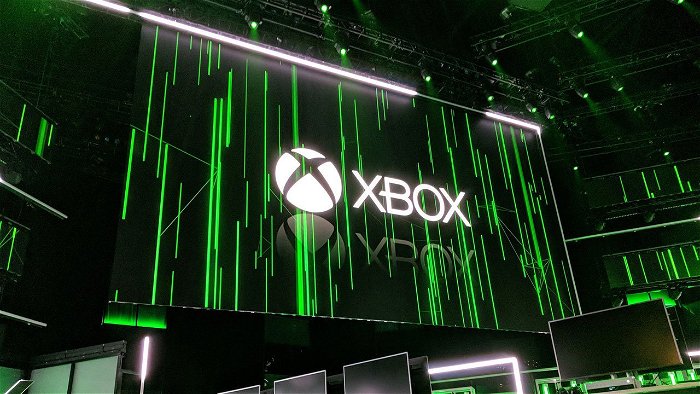
For people that might not know ID@Xbox, how would you sell it to them, and why should the average person care?
Chris Charla: For a developer, I would say, we work really hard to make getting onto the platform as straightforward and easy as possible. We have a marketplace of fantastic players who love to play and buy games. That means that you are absolutely uncapped in terms of the commercial potential of the game on Xbox.
Certainly, video games are a hit-driven business and not every game is a hit, but having paid billions of dollars to independent developers over the last nine years, or really eight years since the first game shipped. We know that the sustainable marketplace is there for developers who want to reach a worldwide audience. So, I think that’s a pretty compelling pitch.
For players, I would say you might not ever know what an ID@Xbox game is. We don’t have a title slide that says, “This is an indie game.” It’s just as you play all the cool games on Xbox and in Game Pass, I guarantee you have probably played a game that came through the ID@Xbox program whether you knew it or not, and really you shouldn’t need to worry about it. You should just look at all the cool stuff and know that we are supporting independent developers, because you get to see a lot of cool games on the Xbox.
